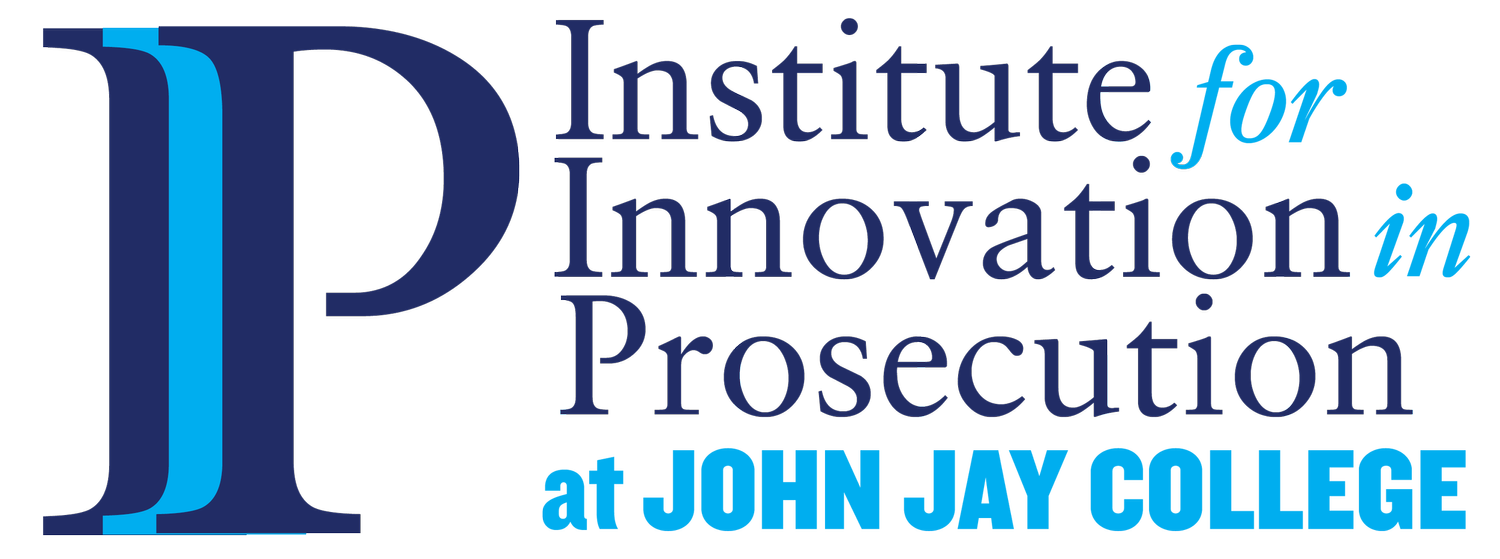How Prosecutors Can Acknowledge Legacies of Injustice
Michelle Mason | The Crime Report | April 27, 2020
Over the past few years, American politicians have grappled publicly with the question of accountability.
On the presidential debate stage, Pete Buttigieg and Michael Bloomberg issued apologies to the minority communities in their jurisdictions. On an institutional scale, Congress held a historic hearing last summer on the Commission to Study and Develop Reparation Proposals for African Americans Act.
And on a more local level, District Attorney-hopefuls across the country have run—and won—on platforms dedicated to correcting the harm inflicted by the criminal justice system.
The question of how leaders of organizations historically involved in perpetuating injustice can meaningfully recognize the harms done in their pasts is an incredibly thorny one. A new resource from the Institute for Innovation in Prosecution (IIP) offers one approach: Living Land Acknowledgements.
Land Acknowledgements are an institutional practice designed to appreciate and begin to make amends towards Native populations for their historic displacement; Living Land Acknowledgements take a further step, and require institutions with power to continually build relationships with indigenous peoples.
Land Acknowledgements are now common practices in Canada, Australia and other countries. They have been used at many major convenings, from commencement ceremonies to sporting events. And while the acknowledgement of past harm is an important first step to practical change; it is the attempt to understand and actively address the damage done to marginalized communities by ceding institutional power and building long-lasting connections that makes Living Land Acknowledgements valuable roadmaps for institutional atonement.
The IIP, an institution housed at the John Jay College of Criminal Justice in New York, has developed guidelines for creating Living Land Acknowledgements that local prosecutors can use. The recent prosecutorial movement towards ending racial disparities within the criminal justice system and atoning for past harms dovetails naturally with the practice of creating a land acknowledgment.
In preparing this guidance, the IIP developed its own Living Land acknowledgement focused on the local history of Manhattan.
Hadrian Coumans, co-founder and co-director of New York City’s Lenape Center, emphasized that the statement itself was secondary to the core mission of building relationships with indigenous communities and making commitments to ongoing collaboration.
Like any institution, prosecutors can start by visiting museums and historical indigenous sites in their community to better understand the local history. They can also meet with indigenous organizations to better understand how they can serve and collaborate with indigenous people in their community.
Prosecutors can engage their communities through creating advisory boards of community members that would have direct access to the decision making processes inside of prosecutors’ offices.
Land acknowledgments should be a part of all policy initiatives to develop sustainable commitments that support indigenous people in their communities.
Many prosecutors have already begun the process of acknowledging past harms in a meaningful way. In 2019, Cook County, Illinois State’s Attorney Kim Foxx filed a motion to vacate more than 1,000 marijuana convictions that had been prosecuted by her office, declaring that “as prosecutors who implemented these convictions, we must own our role in the harm they have caused – particularly in communities of color – and play our part in reversing them.”
Philly DA Larry Krasner, San Joaquin District Attorney Tori Verber Salazar, and others have issued similar statements acknowledging their office’s role in perpetuating systemic inequities that have harmed some communities.
Such statements are often accompanied by the rollout of initiatives like conviction integrity units or “mass exonerations.” For these District Attorneys, the important lessons to be learned from the development of a land acknowledgement are the importance of sustaining a commitment to historically oppressed communities, including Native American populations in their jurisdictions.
The movement towards recognizing the harms of American political institutions—and the criminal justice system in particular— holds great potential for mending the schism between prosecutors and marginalized communities.
All political institutions can engage thoughtfully with their histories by treating the action of harm acknowledgement as an ongoing process—part of an evolving relationship between their offices and communities.
It’s never been more necessary.
Michelle Mason is a Policy and Operations Assistant with the IIP
Link to article: https://thecrimereport.org/2020/04/27/how-prosecutors-can-acknowledge-legacies-of-injustice/
